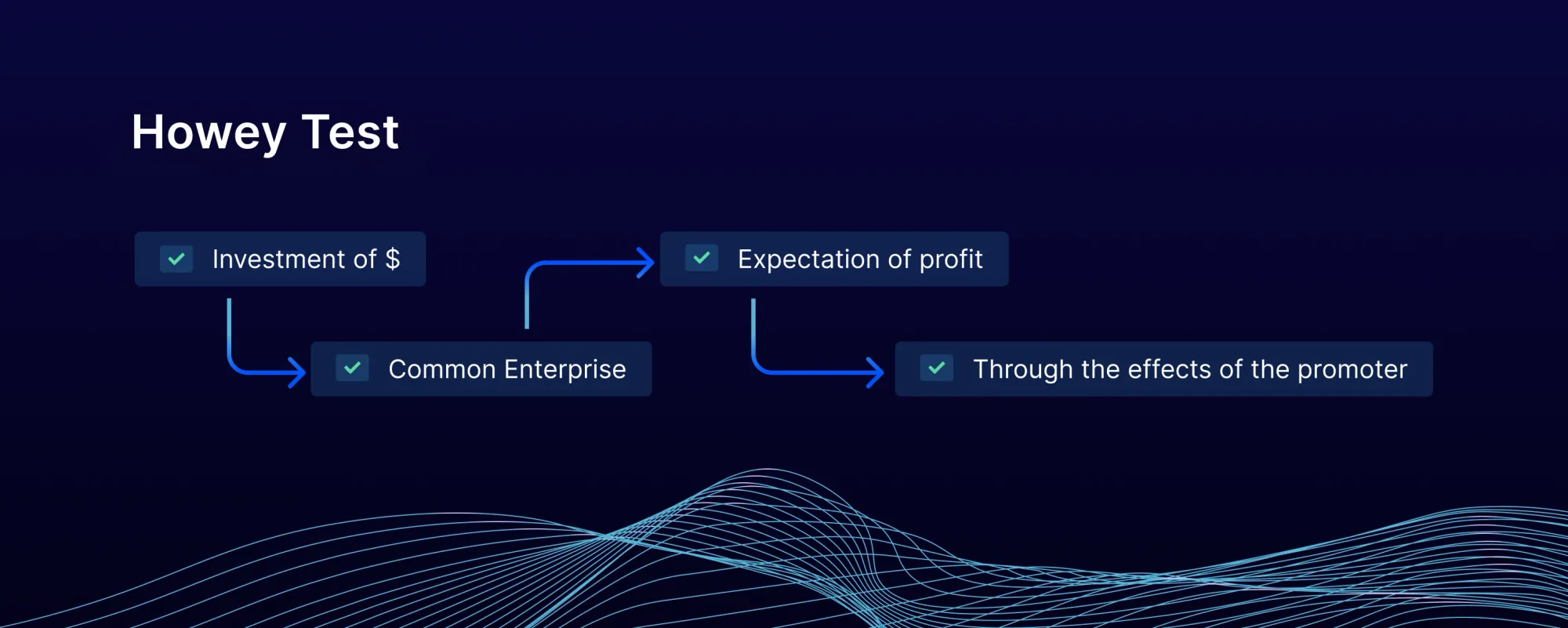XRP The Crypto Standard: Ripple vs SEC Case Overview and Implications
The SEC v. Ripple ruling established a precedent for determining when cryptocurrencies qualify as securities, finding that XRP was a security in some sales but not others. The decision's implications include potential crypto regulation by Congress, new sales and ...

On July 13, 2023, the Southern District of New York ruled on the SEC v. Ripple case, which resolved around whether XRP, the cryptocurrency created by Ripple Labs and currently the 4th largest cryptocurrency, was a security. The court ruled that XRP was both a security and not a security, depending on how and to whom it was sold.
A potential catalyst for the cryptocurrency industry as a whole and maybe the rocket fuel we need to propel the cryptocurrency industry onward, we take a look at what the implications are.
/cloudfront-us-east-2.images.arcpublishing.com/reuters/2HM7XW3ZXBJ37NAVRJN2JFEMNI.jpg)
The Howey Test and Application to XRP
The Howey Test is a legal test used to determine whether an investment contract exists. An investment contract exists when there is an investment of money in a common enterprise with an expectation of profits solely from the efforts of others. The court found that Institutional Sales of XRP satisfied all four prongs of the Howey Test, making them investment contracts. Programmatic Sales of XRP, on the other hand, failed the third point of the Howey Test, as there was no reasonable expectation of profits solely from the efforts of others.

Institutional Sales of XRP were considered investment contracts under the Howey Test, while Programmatic Sales were not. The court granted the SEC's motion for summary judgment as to the Institutional Sales but otherwise denied it. The Defendants' motion for summary judgment was granted as to the Programmatic Sales, the Other Distributions, and the sales by Larsen and Garlinghouse, but it was denied as to the Institutional Sales.
Everybody is a Winner Except…
The two biggest winners of the SEC v. Ripple case were the Ripple founders Brad Garlinghouse and Christian Larsen, who were cleared of any wrongdoing after selling over $150 million worth of XRP. Other winners included retail investors and exchanges since the court ruled that Programmatic Sales of XRP were not investment contracts. However, institutional buyers may be impacted because the court found that Institutional Sales of XRP were investment contracts subject to SEC regulation and it will likely be required to return or disgorge the nearly $1 billion they gained from these sales, along with penalties and fines.
The biggest loser was likely the SEC itself for failing to have XRP classified as a security overall. While institutional sales of XRP will now fall under SEC regulation, programmatic and retail sales will continue unregulated.
Reaction of Congress on Crypto Regulation
In the wake of the XRP ruling, there are indications that Congress may finally take action on crypto regulation. Congress may step in to provide comprehensive crypto regulation that clarifies how entities like Ripple must navigate securities laws going forward. Federal financial regulators typically avoid litigation that could significantly reduce their jurisdictional reach. It remains to be seen whether Congress will take swift action or pursue a more protracted and cautious approach.
Implications for Token Issuers
The court's ruling raises questions about how token issuers will navigate SEC registration requirements going forward. If a token issuer wants to sell only to institutions and not retail investors, it remains unclear whether they still need to register with the SEC.
The court ruled that XRP sold to institutions qualified as a security requiring SEC registration, while sales to retail investors did not. However, the court did not provide specific guidance on what level of institutional sales would trigger registration requirements.
For now, the decision indicates that token issuers must carefully evaluate the types of buyers and sale structures involved when determining whether SEC registration is required. The court's case-by-case approach suggests issuers will need to apply the Howey Test to their specific circumstances and investor base to identify potential security status.
Implications for the Crypto Industry
The XRP ruling is a significant victory for the cryptocurrency industry as it sets an important precedent for how cryptocurrencies are classified and regulated. The decision may also impact how token issuers approach their sales strategies and SEC registration requirements. By finding that certain XRP sales were not securities, the court suggested that if a cryptocurrency can demonstrate it is not an investment contract, it may fall outside of SEC regulation.
However, An appeal by the SEC is likely given the perceived flaws in the court's reasoning. Also the judgment only directly applies to XRP, and details of the ruling may only serve as a reference in future cases. The court's willingness to evaluate cryptocurrencies on a case-by-case basis leaves room for nuanced regulatory outcomes going forward.
Conclusion
The recent district court ruling in the SEC v. Ripple case could have major implications for how cryptocurrencies are regulated. While the decision was a win for Ripple overall, many legal experts argue that the court's reasoning is flawed and an appeal is likely. The ruling found that Ripple's sale of XRP to institutional investors constituted an unlawful security sale, and Ripple may be required to return the nearly $1 billion they gained from these sales.
While the ruling is significant, it leaves many questions unanswered and further developments are likely to occur in the near future. Despite these unanswered questions, the response of the market could potentially propel cryptocurrencies towards greater mainstream adoption and integration into the global financial system.

Connect with Bitfinity Network
Bitfinity Wallet | Bitfinity Network | Twitter | Telegram | Discord | Github

*Disclaimer: While every effort is made on this website to provide accurate information, any opinions expressed or information disseminated do not necessarily reflect the views of Bitfinity itself.



Comments ()